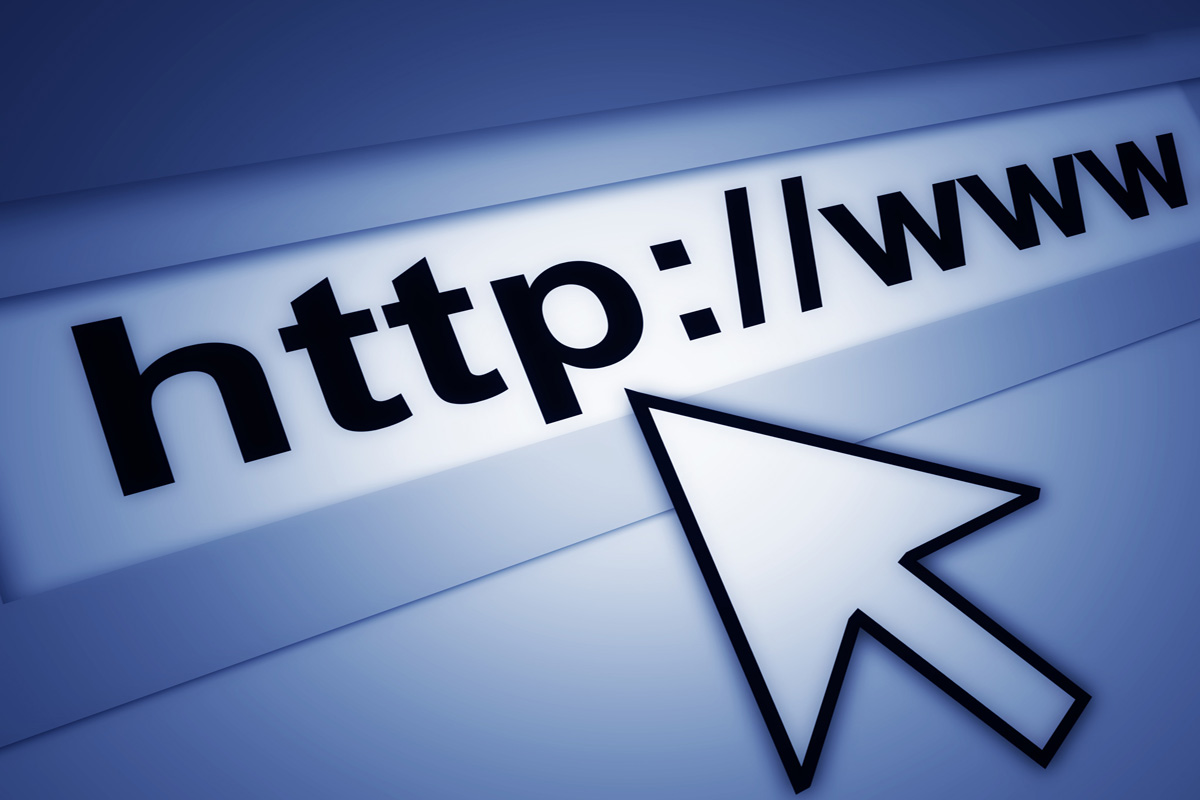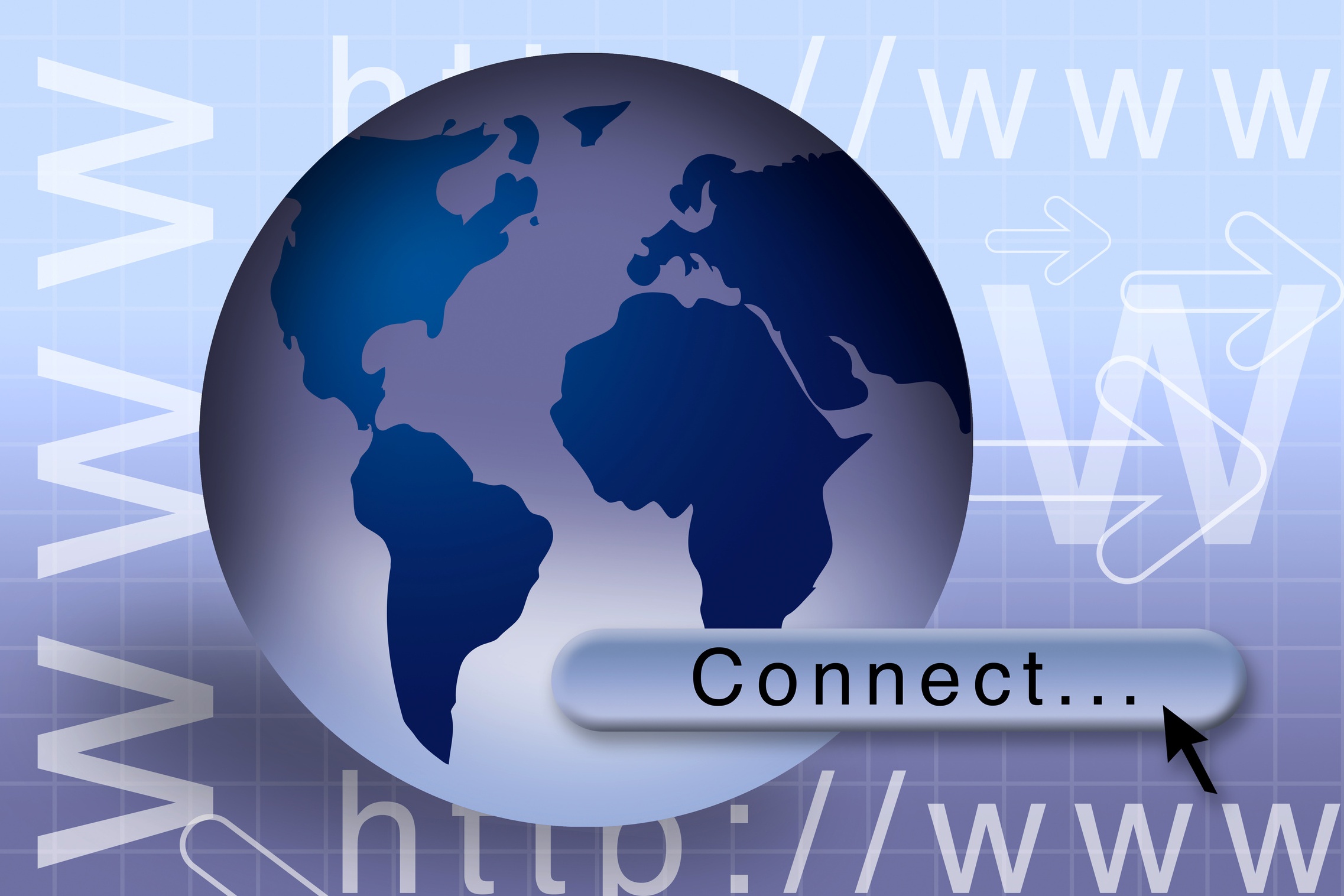Mobile networks are creating a ‘real-time’ future
Imagine Facebook meets National Statistics – mobile is looking to change the way data is gathered, analysed and acted upon.

The expansion of mobile means that governments and businesses will have to change in dealing with real time data and much more complex networks.
This is according to a BBC Tech Lab' blog post by Dr Paul Twomey, president of internet administration body ICANN, which deals with tasks such as managing domain names and IP addresses.
He said that the expansion of mobile networks, combined with smartphones and internet-enabled devices, removed barriers for developing countries to enter the global economy.
Marrying this to next generation operating systems such as Google Android and the iPhone is creating a "truly networked world", where decisions need to be made using real time data.
"Worldwide, we're seeing an unprecedented expansion of internet networks, driven most recently by convergence with mobile communications," Twomey said.
"This mobile internet revolution is going to greatly expand the commercial, social and political feedback loops which the internet enables and fosters."
Twomey said that the manufacturing and retail sectors had taken advantage of these new networking possibilities, enabling information to flow more "transparently" which lowered costs and helped the economy to grow.
Get the ITPro daily newsletter
Sign up today and you will receive a free copy of our Future Focus 2025 report - the leading guidance on AI, cybersecurity and other IT challenges as per 700+ senior executives
However, he criticised the services sector in areas such as government and health care, which had not taken advantage of the increased information flow.
The ICANN head also said that we were moving into the realm of machine to machine' internet where machines were communicating with each other rather than people.
Twomey said: "The introduction of Internet Protocol (IP) version 6 into common usage means that the address space available to connect devices to the net is growing from 4.2 billion with IPv4 to 340 trillion, trillion, addresses."
"With pervasive wireless connectivity, this means everything can talk to everything," he added.
-
 The Race Is On for Higher Ed to Adapt: Equity in Hyflex Learning
The Race Is On for Higher Ed to Adapt: Equity in Hyflex LearningBy ITPro
-
 Google faces 'first of its kind' class action for search ads overcharging in UK
Google faces 'first of its kind' class action for search ads overcharging in UKNews Google faces a "first of its kind" £5 billion lawsuit in the UK over accusations it has a monopoly in digital advertising that allows it to overcharge customers.
By Nicole Kobie
-
 IPv6 body calls it quits over lack of government support
IPv6 body calls it quits over lack of government supportNews 6UK shuts down and speaks out against government apathy towards IPv6 switchover.
By Rene Millman
-
 London and Scotland after own domain names
London and Scotland after own domain namesNews Cities and countries are looking at getting their own TLDs, with Icann set to open the submissions process soon.
By Tom Brewster
-
 Brands urged to safeguard .xxx domains
Brands urged to safeguard .xxx domainsNews "Sun rise" period extended to quell fears of cyber squatting.
By Stephen Pritchard
-
 Has ICANN opened the door to a load of dot whatnots?
Has ICANN opened the door to a load of dot whatnots?News Inside the Enterprise: ICANN's new global Top Level Domain system sounds obscure, but could prove a headache for businesses.
By Stephen Pritchard
-
 'Dual stack' approach needed for IPv4 and IPv6
'Dual stack' approach needed for IPv4 and IPv6News A dual approach should be taken to the internet protocols rather than one or the other, according to a Brocade executive.
By Jennifer Scott
-
 Don’t panic: IPv4 addresses running out
Don’t panic: IPv4 addresses running outNews Businesses have been advised not to panic about IPv4 addresses running out.
By Tom Brewster
-
 AASIP gives IPv6 as standard
AASIP gives IPv6 as standardNews In preparation for IPv4 running out, an ISP begins offering IPv6 as standard.
By Jennifer Scott
-
 Week in Review: Cerf on IPv6, Digital Economy Act wins review
Week in Review: Cerf on IPv6, Digital Economy Act wins reviewNews This week, one of the granddaddies of the internet has called for the Government to help boost IPv6 adoption, whilst the courts grant a judicial review for the Digital Economy Act.
By Jennifer Scott